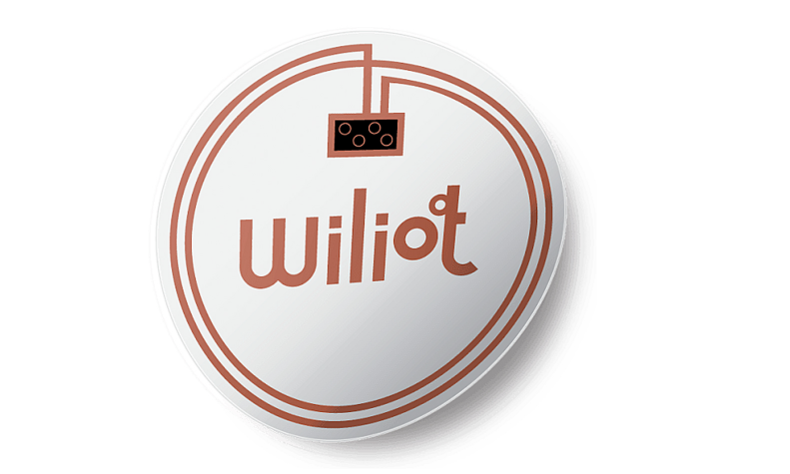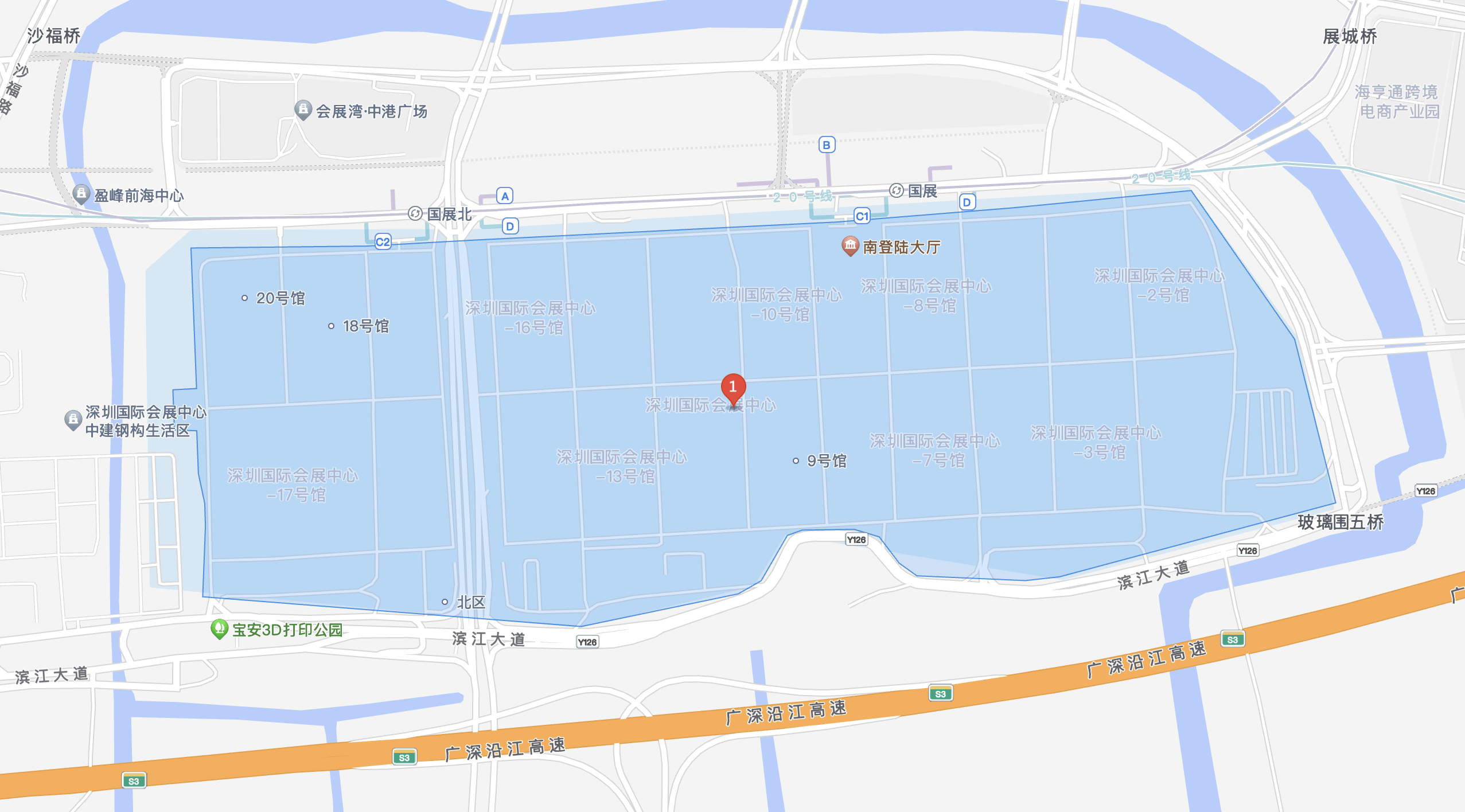
Wiliot is an innovative company focused on Internet of Things (IoT) technology. It was founded in 2017 and is from Israel. Wiliot focuses on wireless technology that tracks the location of goods during the manufacturing process and is committed to changing the relationship between manufacturers and their products through its innovative IoT solutions. Wiliot's main product is a passive Bluetooth tag that can sense and transmit information without active consumer intervention.
Royal Mail recently announced that it has deployed millions of Wiliot IoT tags on roll cages for parcels and mail transportation between its stations. These tags are based on Bluetooth technology and can track the location and status of roll cages in real time. When the roll cage is loaded onto or unloaded from the vehicle, the system can automatically update the location data without human intervention.
The core of the technology lies in Wiliot's passive IoT tags and Bluetooth Low Energy (BLE) readers in the vehicle. Three such tags are used on each rolling container, and each truck is equipped with two to six Bluetooth bridges to activate and read the tags in the vehicle. The data is then transmitted to the Wiliot Environmental Data Platform via a cellular telematics gateway and then passed to the Royal Mail's digital control tower system.
Royal Mail has seen significant results since the system went live this fall. With real-time visibility into the location of its more than 850,000 roll cages, Royal Mail is able to more effectively manage capacity utilization across its large fleet of approximately 6,500 vehicles. This not only improves shipping efficiency, but also reduces costs and carbon footprint.
Nathan Preston, Royal Mail's technical director for strategy, innovation and data, said the technology solves the cost and compliance issues associated with manual scanning. By tracking the location of roll cages and details of the goods loaded in real time, Royal Mail is able to reduce delays while reducing operating expenses.
In addition, the technology has brought other advantages to Royal Mail. For example, the data collected enables Royal Mail to assess the right size for each delivery route and where smaller vehicles that use less fuel can be deployed. This helps Royal Mail further optimize its delivery network, improve efficiency and reduce its impact on the environment.
In the future, Royal Mail plans to use digital tags on individual parcels and place more reading infrastructure in its larger facilities. This will enable them to track the location of parcels in real time and see them move around without the need for scanning or choke points. At the same time, Wiliot's sticker-like labels also include sensor functions that can monitor data such as temperature and humidity, providing Royal Mail with more comprehensive parcel monitoring services.
This innovative move by the Royal Mail not only improves the efficiency of its logistics system, but also sets an example for the entire logistics industry. By introducing advanced technological means, the Royal Mail is constantly promoting the modernization and sustainable development of its services, providing more efficient and convenient postal services to customers around the world.
This paper is from Ulink Media, Shenzhen, China, the organizer of IOTE EXPO (IoT Expo in China)



















